Visit us
Lorem Ipsum is simply dummy text of the printing and typesetting industry. Lorem Ipsum has been the. mohit
Book a tour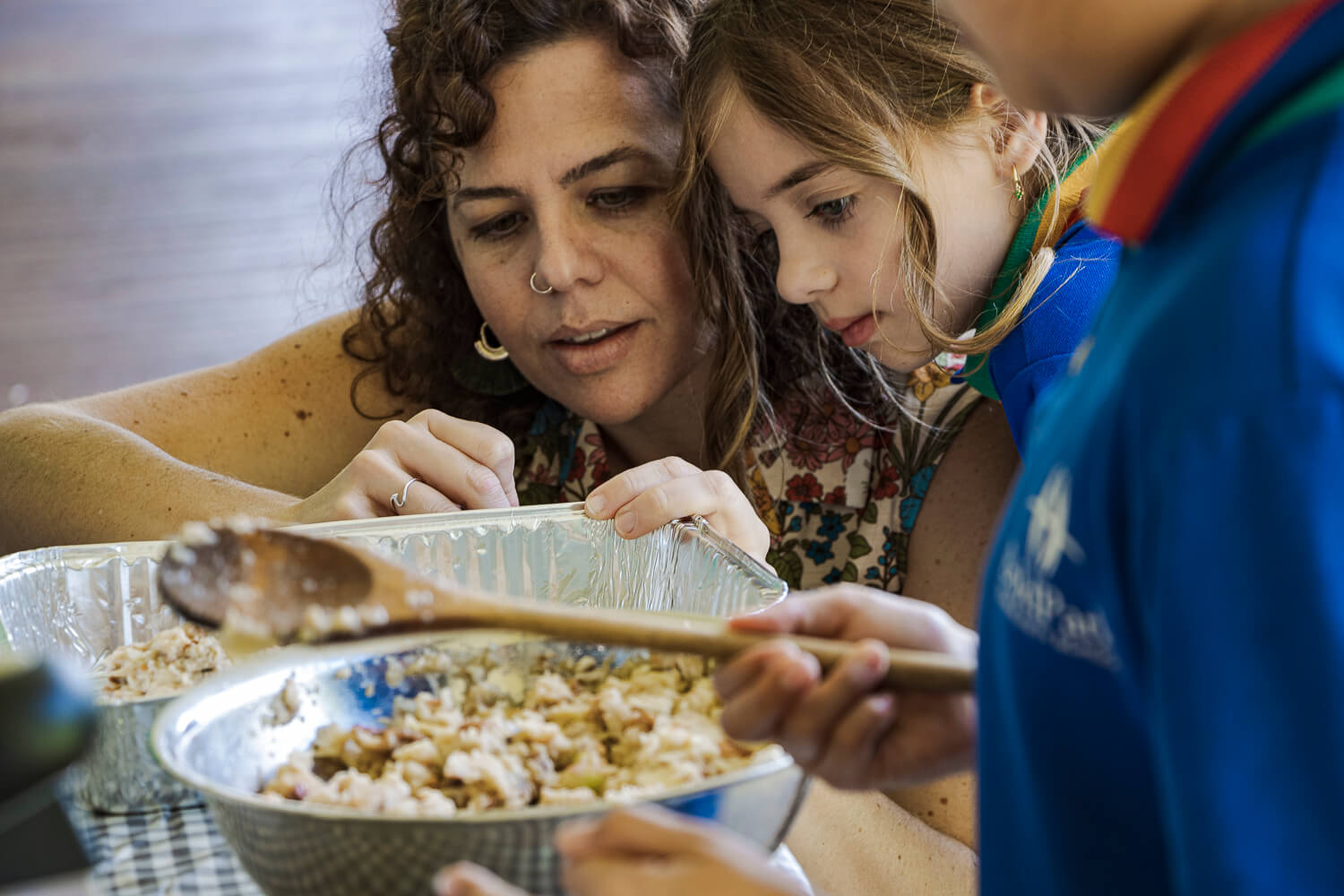
Each year we propose a metaphorical lens that our educators use to focus explorations in their classrooms, we call this our Whole School Focus. It is a strategy that offers another way to consider our educational practices and brings a commonality to the vastly different contexts of ,for example, a 3 year old classroom to a College classroom. This year we are using the concept of “Re-Imagining” to encourage the playful exploration of possibilities.
The earth is not made up of easy or endlessly flat ground. Our life is often made up of situations that are not smooth, or easy or undemanding. The problem is how to equip ourselves and equip children for living a life that is not smooth, with an adequate capacity for self -determination and self–control.”
Loris Malaguzzi, the founding educational director of the Reggio Emilia preschools.
(Malaguzzi, p 298, Loris Malaguzzi and the Schools of Reggio Emilia)
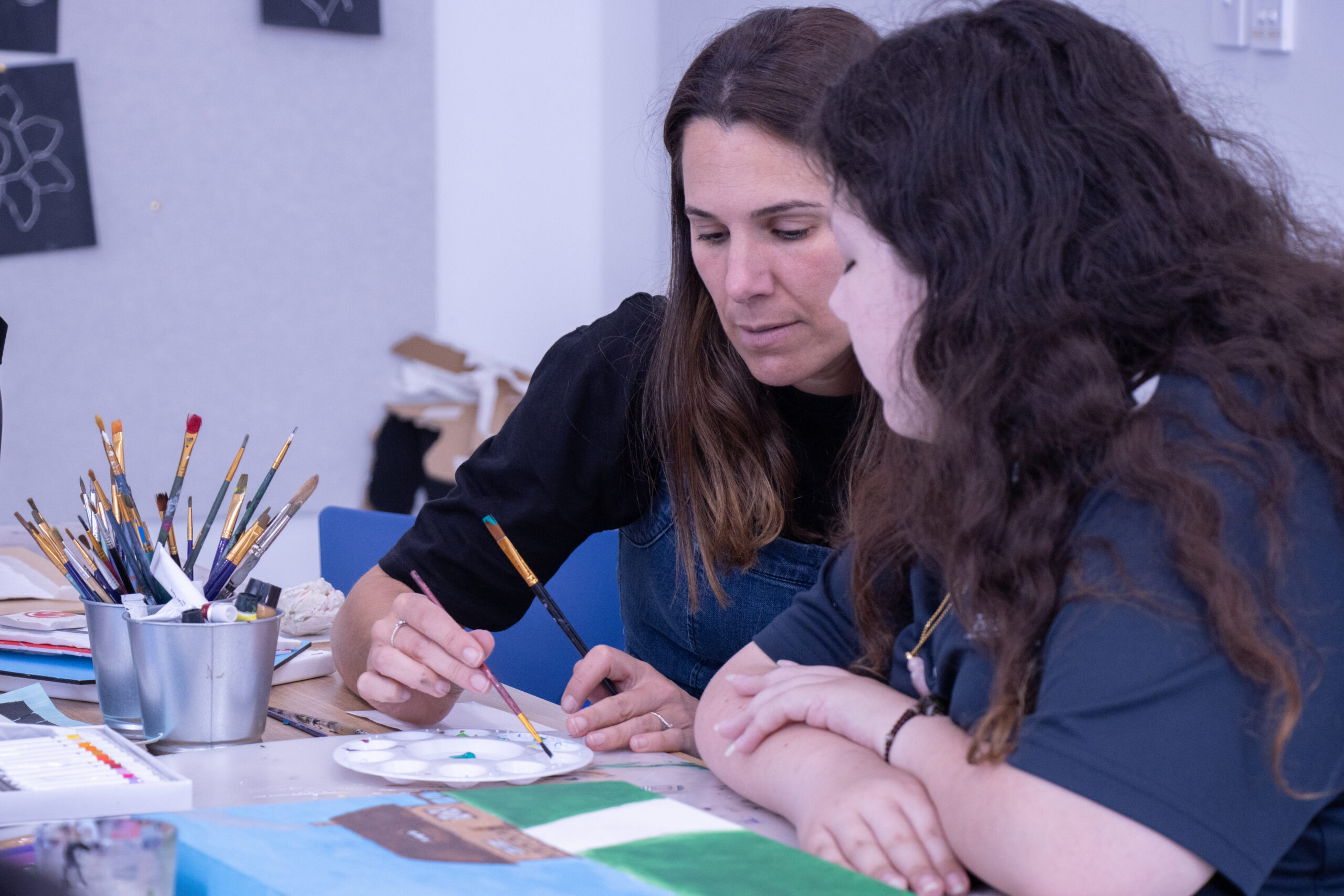
Around 25 years ago, Gillian McAuliffe, our founder, collaborated with a small group of families and teachers to launch Bold Park CS. Their aim was to reimagine the traditional way of schooling that assumed every child learns at the same pace and within the same period. They also wanted to challenge the idea that a child’s school experience can be reduced to a mere report on a page, where their abilities and experience are diminished to a quantifiable grade on a scale of 1 to 5, which doesn’t truly represent their overall potential or experience.
They challenged the prevailing paradigm by asking what about the unquantifiable? What about the relationships, feelings, ideas, and chance possibilities that give texture and meaning to our experiences, that affect the quality of an experience? What about children’s prior experiences, questions, diversity? What the child brings to the learning process? Shouldn’t these also be valued in the school experience?
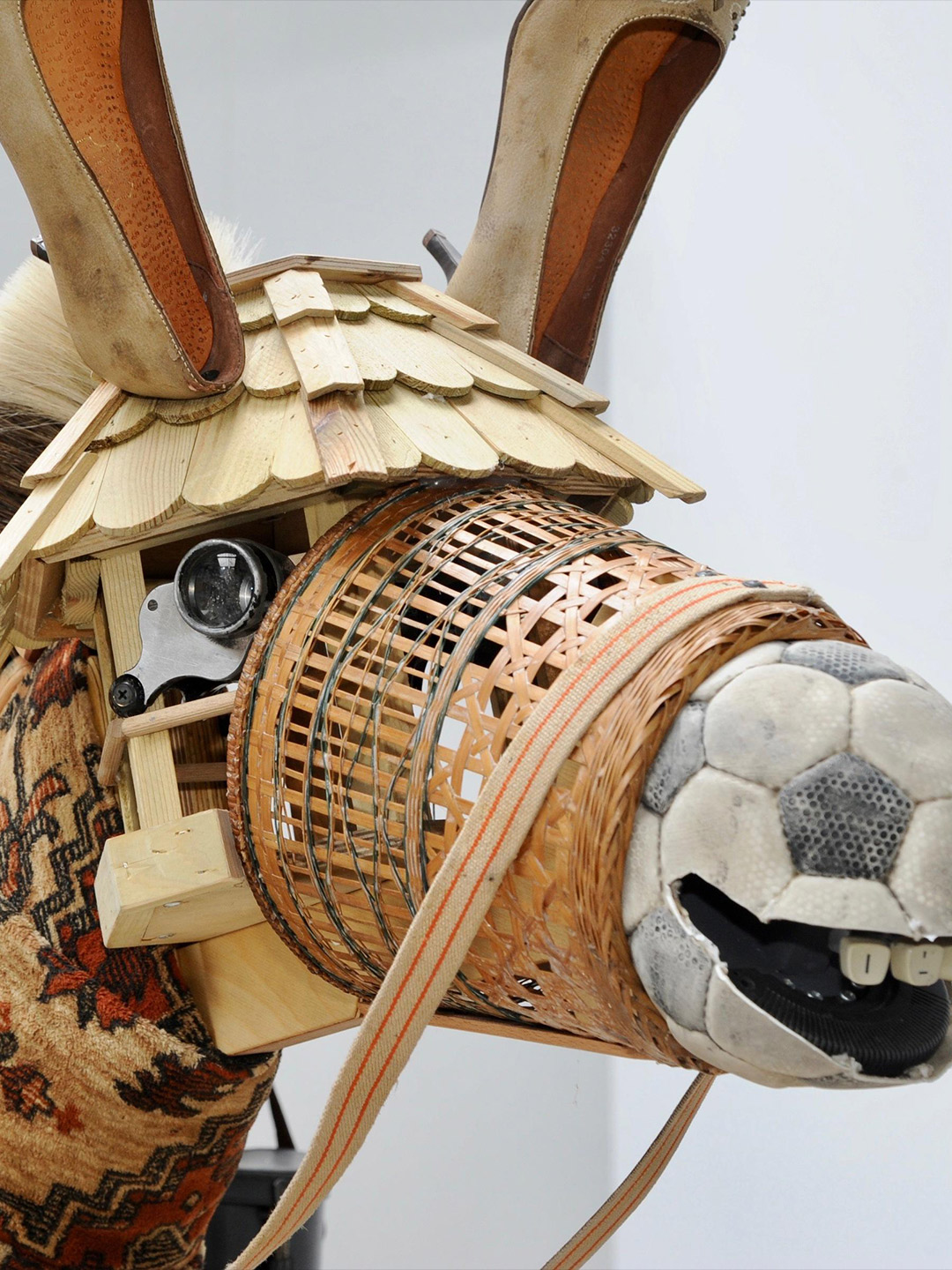
This was never to deny the place of the measurable aspects of education, as they provide structure and direction to the learning process, they indicate progress and areas for improvement. Rather, it was an acknowledgement that quantifiable metrics alone are insufficient, and need to be considered alongside the intangible aspects that give depth and meaning to experience.
This was beautifully illustrated last week when I witnessed Renata working with the Year 3 and 4 visual arts class. The children were analysing projected images of sculptures made from found items and looking for shapes within them. Some of the children couldn’t see the point of this exercise until Renata turned the projection off: they got it! Look!
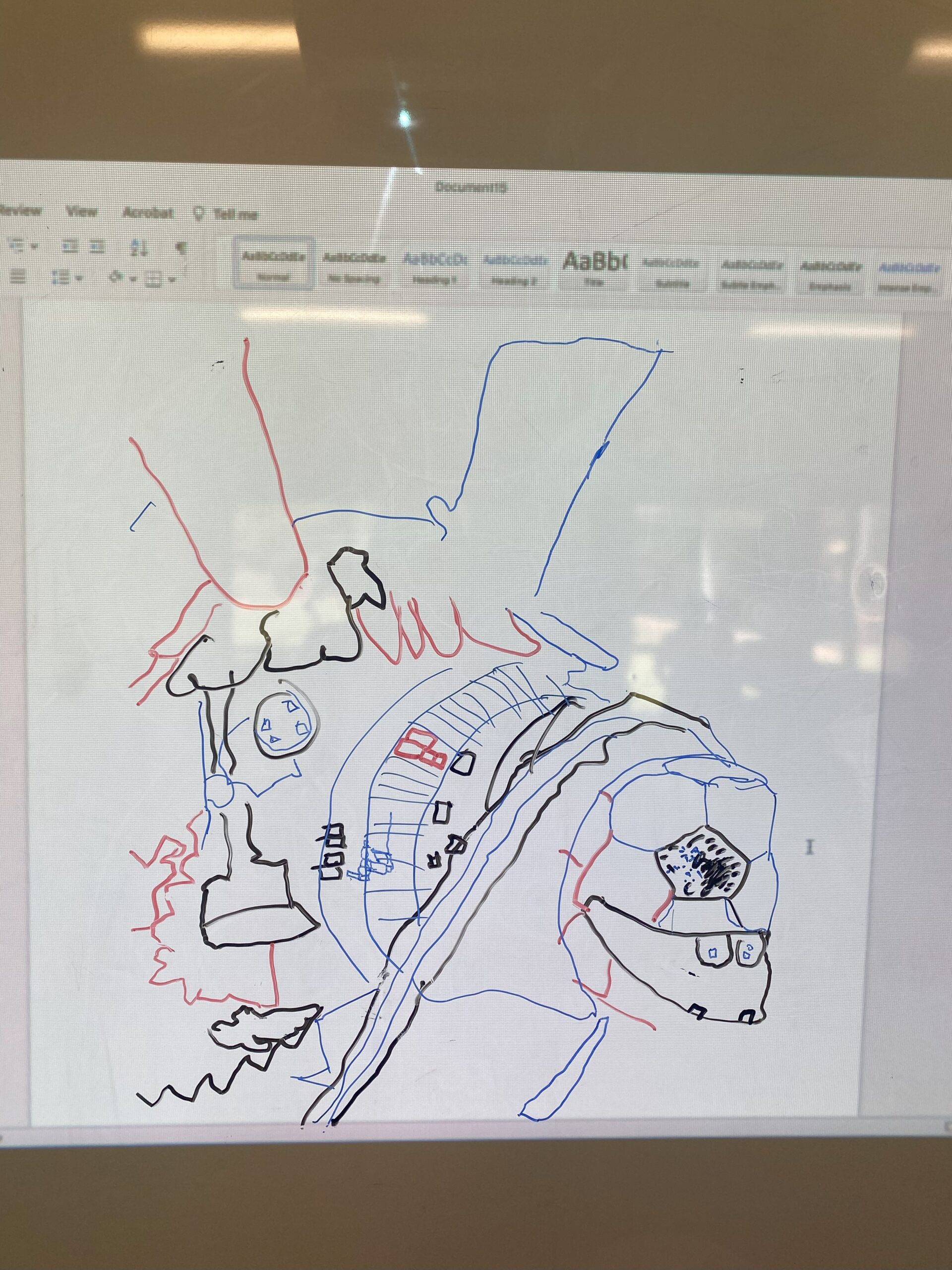
By identifying the shapes, they could see the outline of the figure. They were able to identify the areas that were incomplete and needed to be filled. However, the image lacked texture and life. Renata then informed them that they could fill these shapes with many possibilities.
For me, this illustrates the idea of school experience creating a ‘culture of possibility’. When we talk about ‘re-imagining’ we are searching for opportunities and possibilities to enrich children’s experience of school. The Bold Park story is not the result of one person or a small group of individuals. Rather, it is the culmination of collective contributions made by many individuals over time, up until this very moment. These contributions have included voices that inspire, encourage, as well as those that challenge and critique. While we have the same frameworks, expectations, and requirements of any school, by seeking connections, emotions, and new ideas our community has continually ‘reimagined’ what that experience can be.
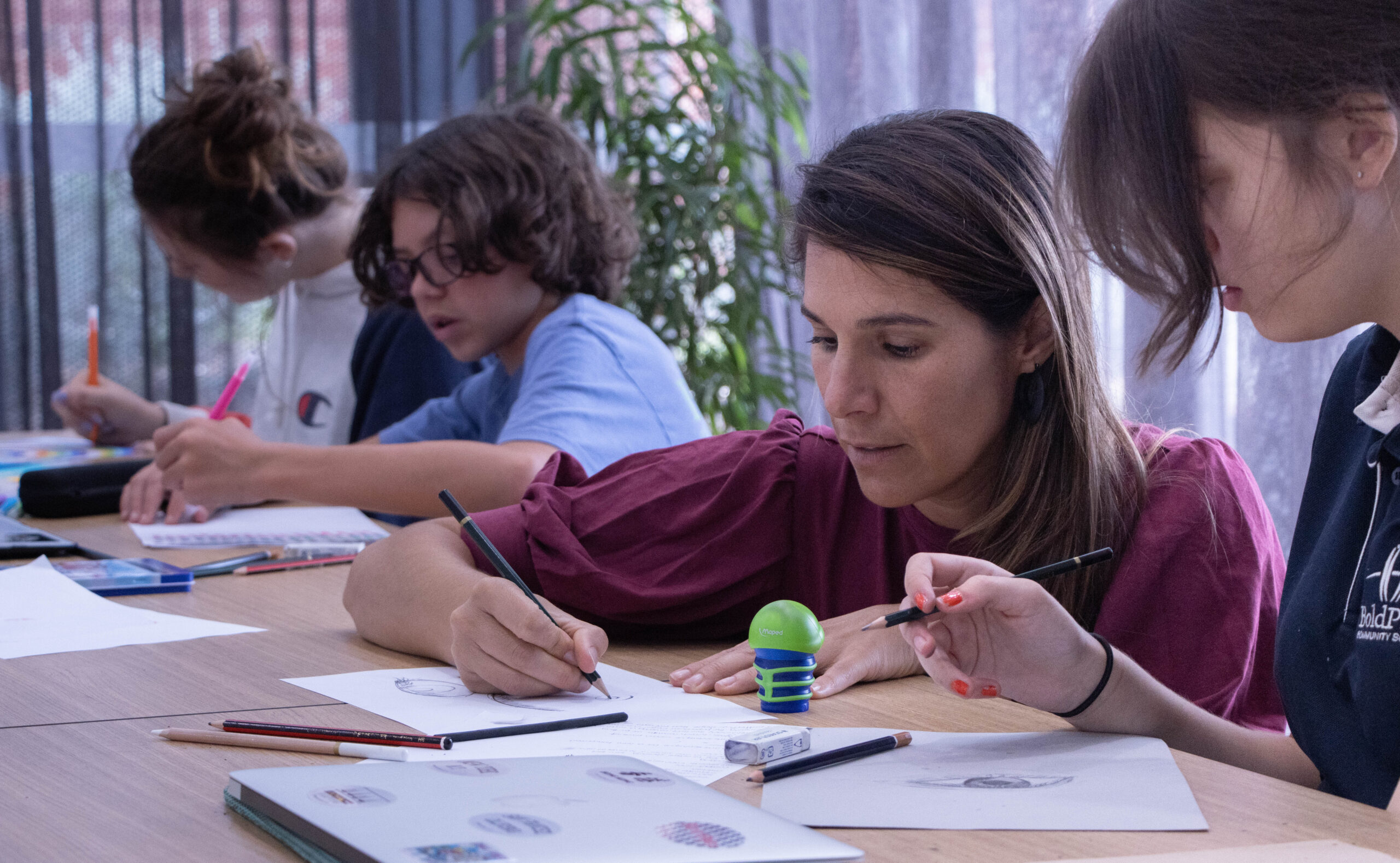
So, what does that mean now, in the current context compared to 25 years ago? We face new challenges in our world such as global conflicts, extreme weather events, and rapidly emerging AI. There are new tools for learning, new understandings of the science of learning, and new regulatory environments. A quarter of the way into the 21st century what does it now mean to ‘reimagine’ what a school can be? How do we continue to bring texture and meaning to the shapes of education? How do we face this changing world?
The process of adapting to change can be challenging and uncomfortable. We may assume that the stress of change can create fragility. However, Nassim Taleb, a mathematician and risk analyst, reminds us there is also ‘antifragility’ : a term uses to describe systems that get stronger because of their adaptations to stresses and change.
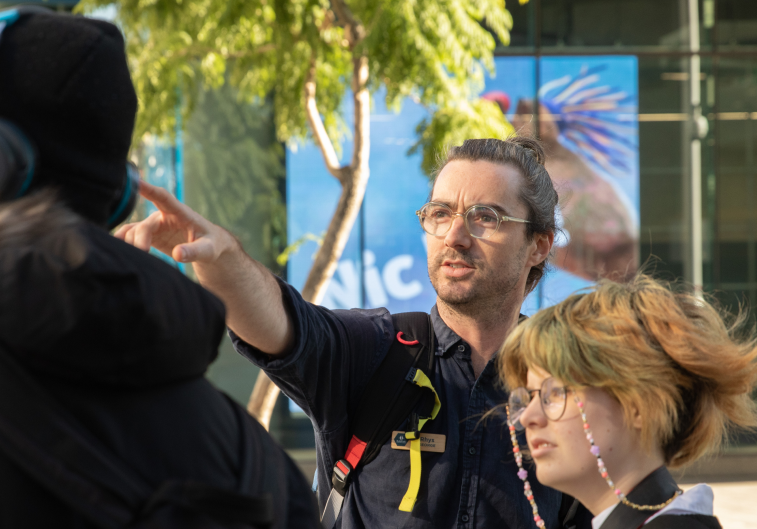
“Some things benefit from shocks; they thrive and grow when exposed to volatility, randomness, disorder, and stressors and love adventure, risk and uncertainty. Yet, in spite of the ubiquity of the phenomenon, there is no word for the exact opposite of fragile. Let us call it anti-fragile. Anti-fragility is beyond resilience or robustness. The resilient resists shocks and stays the same; the anti-fragile gets better.”
(Taleb, N, 2012: Antifragile: things that gain from disorder)
Of course, we don’t want an environment filled with instability or chaos. However, we must equally recognise that the world can be unpredictable and volatile. Things don’t always go as planned. This idea of ‘antifragility’ provided by Taleb, could open up new possibilities for facing a rapidly changing world and our place in ‘reimagining’ the educational landscape.
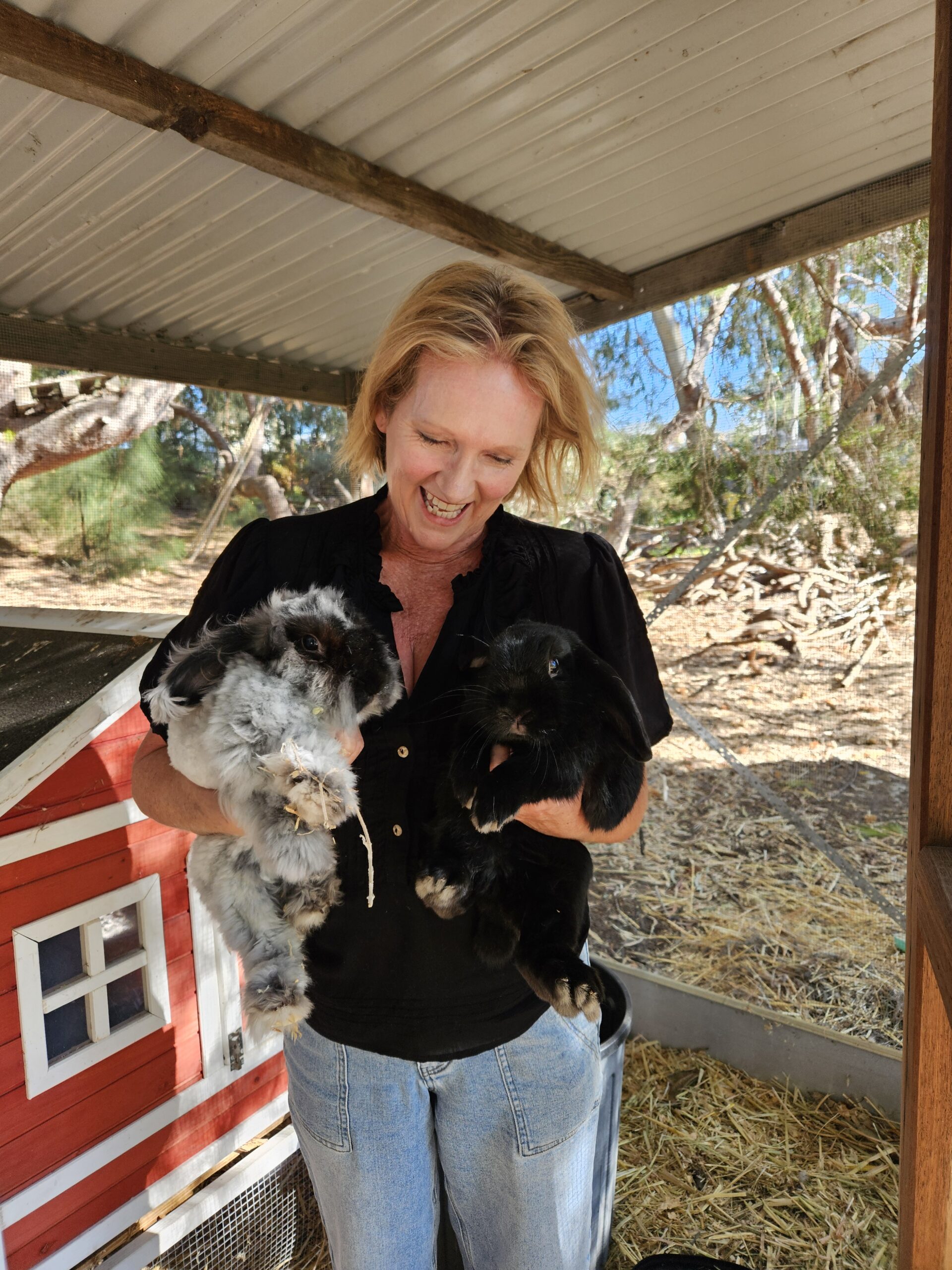
For, despite being a small school, our purpose remains significant: to reimagine what a school can be and you, our families, are our most valuable partner. Through our continued collective ‘reimagining’ we are best able to equip our children with the necessary skills to be self-determined so they can thrive in life, even when things don’t go smoothly.
For me, the value we give to space of the unquantifiable is the opportunity we have always had for reimagining.
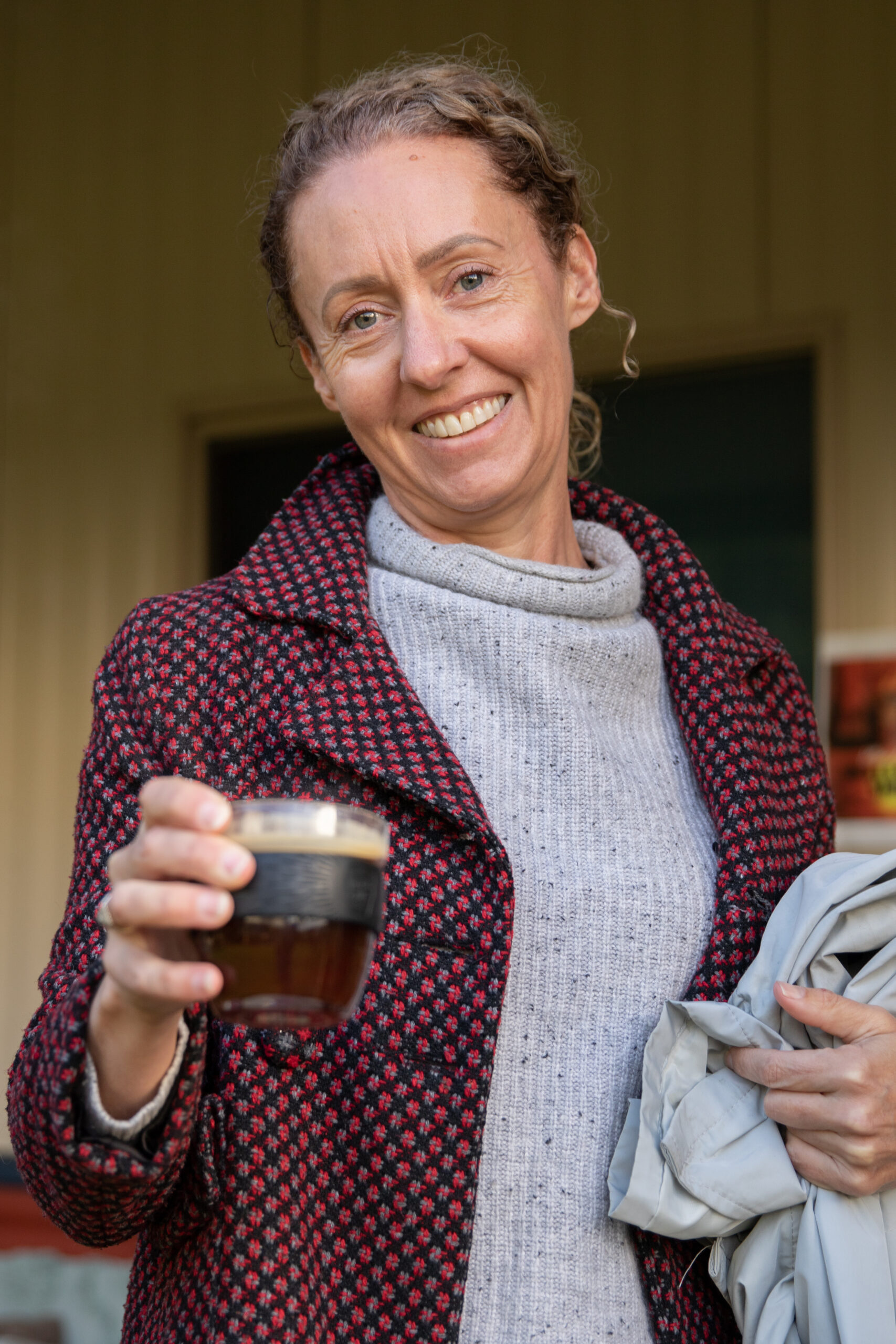
The committed and passionate staff, teaching, administrative and grounds.
-
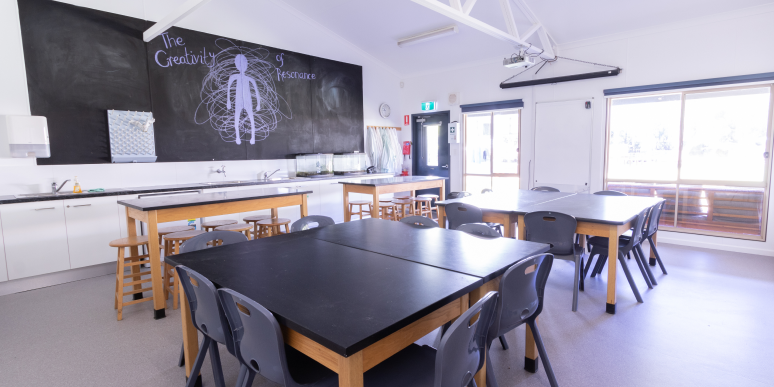
COME AND EXPERIENCE THE BOLD PARK DIFFERENCE FOR YOURSELF.
Book a TourSpeak to our Community Engagement Coordinator
E-mail: CommunityEngagement@BoldPark.com
Phone: +61 8 9387 5050